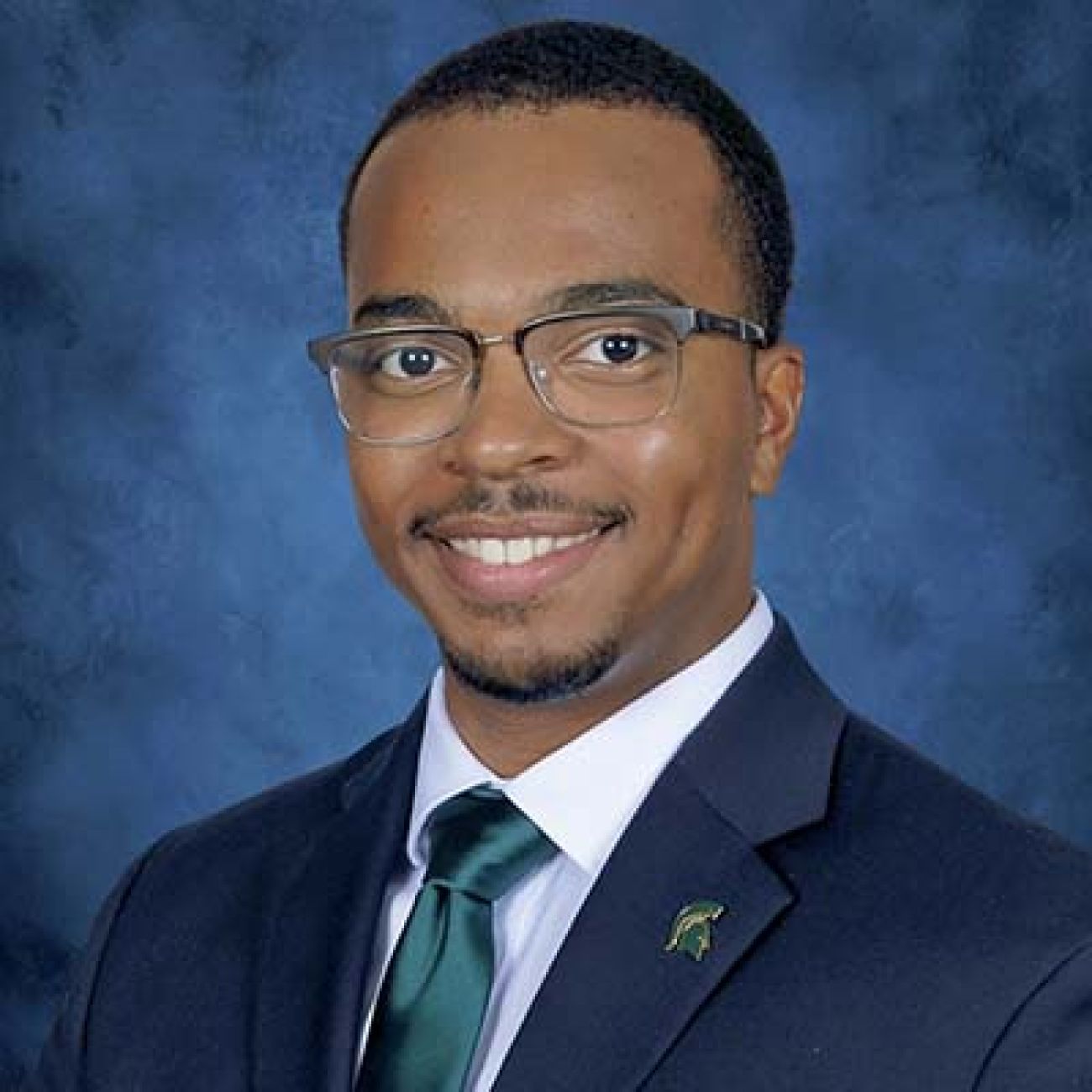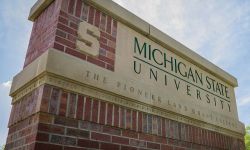Opinion | Campus protests, young people and importance of the First Amendment
It is no secret that students at college campuses and young people across the globe are outraged about the Israeli-Palestinian conflict. Further, millennials and Gen Z are grappling with issues like cost of living, job security, mental health, and the stakes of the 2024 presidential election.
The pile-on of these issues makes us feel alienated from the political process and challenged to find alternative ways to be civically engaged. It underscores the rising importance of effectively using the constitutional First Amendment right and making room at the decision-making table for young adults.

As a law and business student and a former full-time aide for a U.S. senator from the Midwest, I, too, have recognized the importance of the effective use of our First Amendment right.
As a young Black man born and raised in Flint and in the church, I have witnessed firsthand how traumatizing it is when marginalized populations go unheard in the face of adversity. The rise of the Black Lives Matter movement and the life-taking actions by law enforcement inspired me to be more engaged than ever. Now, watching the war in Gaza and the response of my peers pulls me further into this advocacy realm.
Since the mid-1900s, young people (college-aged students) have led the charge of massive demonstrations. Further, the solidarity created by the Black Lives Matter movement, especially after the deaths of Breonna Taylor and George Floyd, and the representation of young voters in the 2022 presidential midterm election, are notable examples of how closely young people are paying attention to our political and economic climate and want to be directly involved in the political arena.
Ultimately, the question for our elected and institutional leaders remains: In the face of war, national scrutiny, and social justice concerns, how do we uphold a culture of civility where all constituents affected by staggering and traumatic challenges experience a sense of belonging to identify actionable solutions?
Our elected officials and leading institutions must help people assert their First Amendment rights; freedom of speech and freedom of assembly, effectively. Establishing safe spaces for community members to gather and discuss opposing perspectives, and allowing opportunities for average citizens to propose and work on solutions together is no easy task, but it is vital and takes strong proactive commitment.
Imagine if leaders took a proactive approach, where, for example, protesters at Michigan State University, the University of Michigan, or the University of Chicago, were invited to sit down, voice their concerns, and put a plan together with the schools’ boards of trustees, the president, the provost, and local government officials. Could they find common ground? Would the response from protestors be highly different than the anger and even violence we have witnessed at UCLA and Columbia University? I believe it would. People respond better when they feel heard and when they are heard.
Millennials and Gen Z are the future leaders and architects of our democracy. We are a patchwork of different cultures, races, religions, and gender and sexual identities, but our values and political views are similar. We are a solid voting bloc. We believe in robust government, and we should always be included. Opening a committed line of communication to our young people is imperative to the upward trajectory of our country.
Let us encourage our elected officials and leading institutions to create an inclusive participatory environment, embrace civil dialogue, and allow room for input and decision-making by young people. Such an effort would give the average citizen a voice, be part of the dialogue of change and prevent massive college demonstrations from turning uncivil and even violent.
Officials must remain engaged with their community and offer real solutions that recognize the anger and social justice concerns of the young people they lead.
The challenge of providing meaningful solutions to difficult political problems is real, but good results are only possible if First Amendment rights are honored and respectful communication between protesting young people and America’s institutions is established.
See what new members are saying about why they donated to Bridge Michigan:
- “In order for this information to be accurate and unbiased it must be underwritten by its readers, not by special interests.” - Larry S.
- “Not many other media sources report on the topics Bridge does.” - Susan B.
- “Your journalism is outstanding and rare these days.” - Mark S.
If you want to ensure the future of nonpartisan, nonprofit Michigan journalism, please become a member today. You, too, will be asked why you donated and maybe we'll feature your quote next time!




